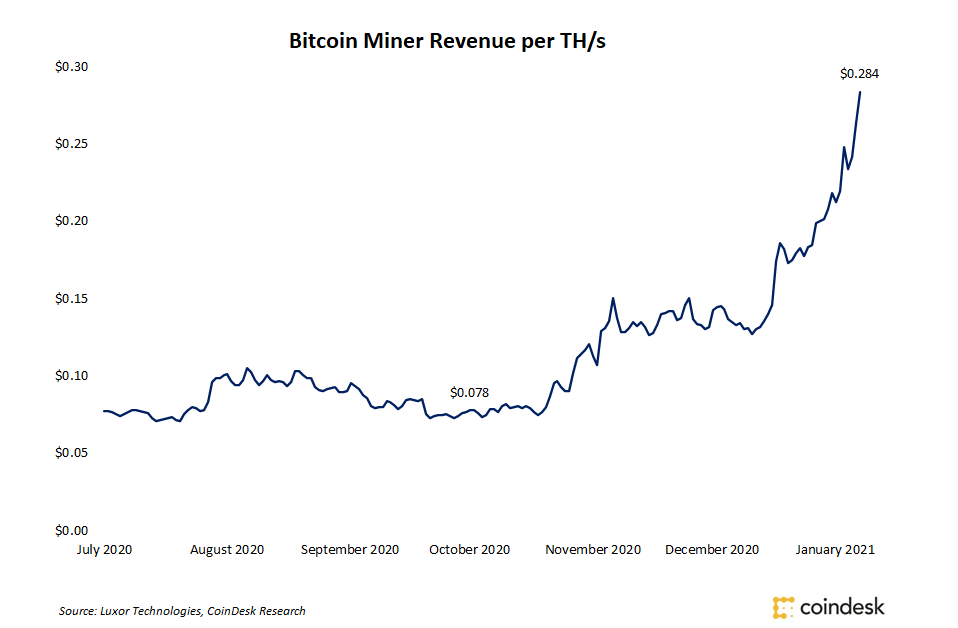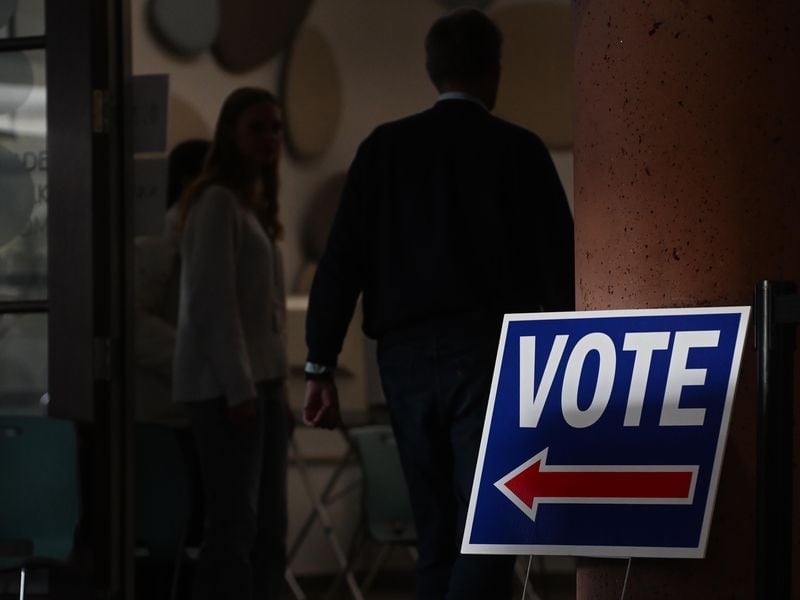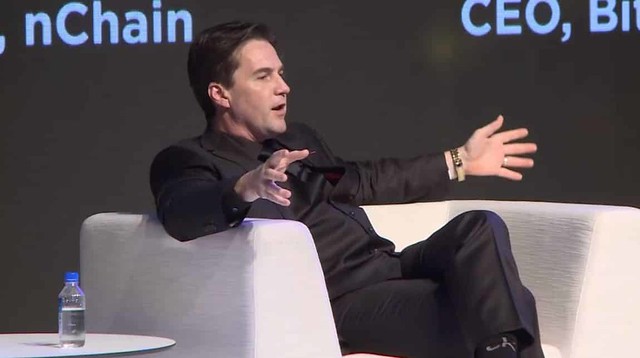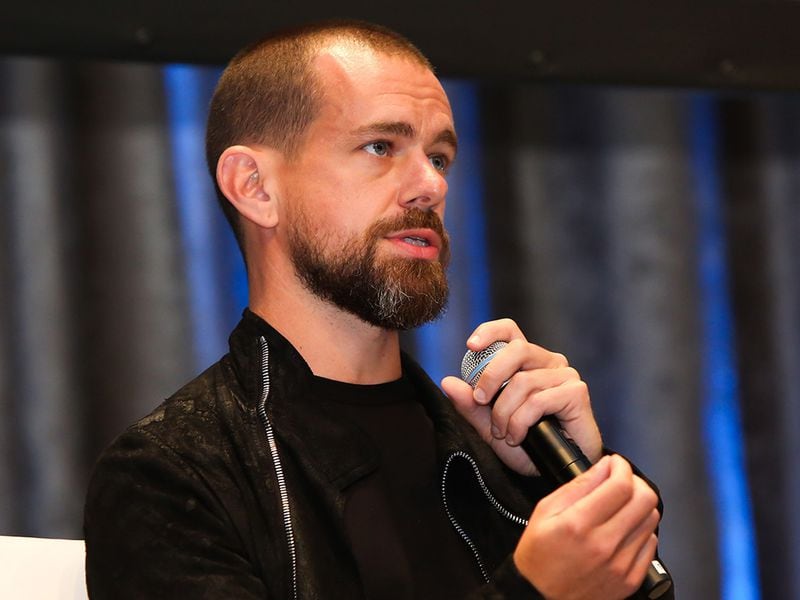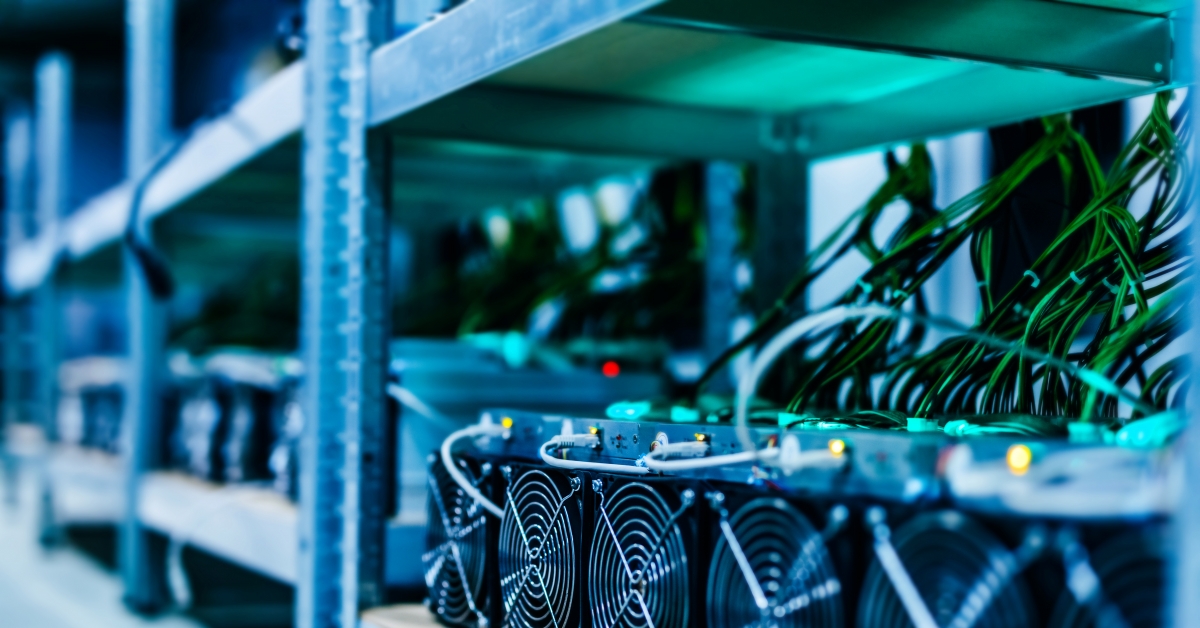‘Market Battleship’: Why It’s Rigged and How DeFi Can Help
Individual investors, even when operating in a swarm, are destined to lose. How do I know? I helped design the game.

‘Market Battleship’: Why It’s Rigged and How DeFi Can Help
You’ve probably heard there’s a war on Wall Street right now between hedge funds and retail investors over GameStop ($GME) stock and a few others such as AMC Theaters ($AMC) and Nokia ($NOK). This new category of stocks, whose value climbed as a result of the power of social media, are being called “meme stocks.”
This David and Goliath saga has already come close to bankrupting one hedge fund and caused others to lose billions overnight. Just as a brigade of Reddit-influenced investors was about to fly a victory flag, Wall Street peeked over the Battleship board and changed the rules, in real time, to give themselves an unfair advantage.
Patrick McConlogue left the hedge fund Citadel to co-found a decentralized interoperability protocol Overline.network.
The game is not fair and it never has been. Individual investors, even when operating in a swarm, are destined to lose.
How do I know? I helped design the game.
A few years back, I worked at the massive hedge fund Citadel. The multi-billion dollar fund was caught up in this recent scandal for bailing out hedge fund Melvin Capital after everyday traders on Robinhood appeared close to liquidating the fund through mass buying of the GameStop stock $GME.
My role at Citadel was as a data scientist in Long Term Quantitative Strategies. The entire department, filled with programmers and compliance officers, is dedicated to something called “alpha” which determines the buying strategy of the fund. I was responsible for innovative proprietary technology that capitalizes on public data faster than any other hedge fund. It’s a classic situation of machines against humans. I respect many of my colleagues, the problem isn’t the people; it’s the rules of the game which heavily favor the funds.
With this in mind, let’s return to what happened on the markets recently.
A group of traders on the r/WallStreetBets Reddit thread, now consisting of over 8.8 million members, noticed that someone had overly “shorted” the GameStop $GME stock. They decided it was the perfect time to buy. It was only around $18 per share and easily affordable for the common investor who kept buying, driving up the price of the stock.
As the buying frenzy continued, the hedge funds who had taken the opposite position started to hemorrhage money… BIG money.
The small investors celebrated their success online as news broke that the hedge fund Melvin Capital Management had lost so much on the $GME short position that they had to be bailed out by bigger hedge funds. While the markets were closed, Melvin Capital’s sinking battleship received an emergency infusion of $2.75 billion from Citadel and Point72.
DeFi is not just a new kind of technology. It’s a movement to make trading more transparent.
The next day it became a cause célèbre for the likes of Elon Musk, AOC, Chamath Palihapitiya, and Dave Portnoy. Using their huge online platforms they cheered on the small investors, who by then had identified and invested in other stocks to try to beat the hedge funds at their own game.
That drove millions to join their ranks in buying GameStop in bulk, pushing the price of $GME up astronomically to more than $400 a share. Now a $100 investment at $18 a share was worth $2,200! That’s a lot of money to individual, small and dare I say inexperienced investors. But not so fast. Remember, the game is rigged.
Last month Robinhood – the commission-free stock trading app used by small investors – suddenly shut down buy orders for $GME and a few other stocks that were under siege. Was no one selling any more stock at any price? Was buying this stock suddenly illegal? No, neither was the case. So how was this possible?
On trading apps and platforms like Robinhood, the stock you think you own is not actually yours. More accurately, on Wall Street, those “stocks” on trading platforms are called “derivatives”. Effectively they are a promise from Robinhood that the stock they claim to sell you is a stock they actually have access to in what is referred to as a “clearing house”.
As the small investors bought $GME stock on their platform, Robinhood ran out of the capital required to purchase the actual stock from clearing houses that they were selling to investors as derivatives. Essentially, Robinhood sold more than it had and, when they ran out, they simply froze the ability to buy the stock and only allowed users to place sell orders.
This is where things went from bad to worse. Remember, when the stock price goes down, the people who hold the “shorts” make money. Hedge funds (like Citadel) own supercomputers and have direct access to stock markets. They don’t deal with clearing houses. So, while small investors’ stocks (derivatives) were frozen, the hedge funds traded massive positions and quickly earned back the billions in losses they had sustained during the previous few days. This was never a fair fight, as the two entities, institutional and retail investors, were never playing the same game.
Robinhood users, when signing up for the popular trading app that offered “free trading” were likely unaware of their role in the hedge funds’ ability to reap huge profits. More importantly, the small investors in Robinhood had no transparency into the products they thought they were buying. The opaque chain of ownership of assets has even spread beyond the stock market as companies like Tesla, who decided to move their reserves into Bitcoin to the tune of $1.5 billion.
The system is broken. Big companies and small investors know it. There is a financial technology that’s been poised to solve this long standing inequity epidemic and has been waiting in the wings to calm the waters and empower small investors.
The solution is decentralized finance or “DeFi”. And traders are flocking to it in droves.
DeFi is not just a new kind of technology. It’s a movement to make trading more transparent. It circumvents centralized control in exchanges like Robinhood and even crypto exchanges like Coinbase to ensure your trades can never be frozen. DeFi defies prioritization of one trader over another because there is no middleman who can change the rules or make any decisions. DeFi is an open source market where middlemen do not exist.
When you press the “Buy” button on Robinhood or other trading apps, literally hundreds of middlemen stand between you and the end stock purchase. There are market makers like Citadel, clearing houses, brokerages, dark pools, and simple technological limitations. Any one of those middlemen complicates the trade to the disadvantage of small investors.
I left Citadel to the DeFi ecosystem to build Overline.network – a transparent exchange technology without middlemen tamper proof and un-freezable. Beyond this, the entire space has significantly matured over the last three years. So much so that billions of dollars from regular investors flow through it every day. Blockchain technology has demonstrated banks are not necessary, and DeFi shows the world you can trade without exchanges.
GameStop got it right with their tagline, “power to the players.” The last month has proved that the people hold the real power in the market, not the hedge funds, and DeFi levels the playing field once and for all.

